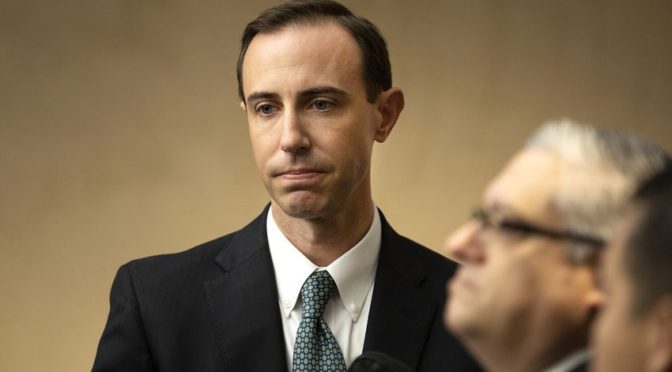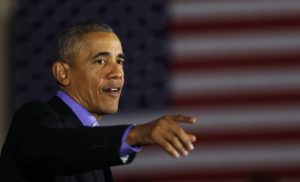Gillespie County, Texas, Republicans clearly have rocks in their heads if they believe that hand-counting every ballot cast in next year’s primary election is going to go without a hitch … or three.
Word to the wise: Don’t get any ideas, officials in other counties, about following the lead set by the Hill Country county of roughly 30,000 residents.
What could possibly go wrong?
Well, let’s see. Human frailty, flaws and tendency to mistakes are likely to cause challenges to whatever tallies the many workers are going to face when they finish their work.
The Texas Tribune reports: This summer, leaders of the GOP in counties as large as Dallas and as small as Uvalde in South Texas seriously considered hand-counting ballots for their primary elections, according to public records and interviews with election officials.
Think about Dallas County relying on thousands of people hand-counting ballots in a county populated by more than 2.6 million people.
I guess the misplaced GOP fear of machine counting has gotten pols in Gillespie County — which is overwhelmingly Republican — to push some sort of panic button.
In addition to its potential unreliability, hand-counting is going to bring tremendous additional expense to Gillespie County, which is expected to train an additional 100 workers to count the ballots individually. Sheesh!
Again, according to the Texas Tribune: Citing his opposition to hand-counting ballots, Gillespie County GOP Chair Mo Saiidi resigned in September. Days after his departure, the remaining members of county Republican leadership finalized their decision to move forward.
“I could not in good conscience continue presiding over an election using a method that I did not feel was the right process to go through,” Saiidi said. “And I felt it was flawed. I felt it was not well thought out. I didn’t think it was the right thing for the community.”
Republicans led by the ex-POTUS have thrown an unreasonable fear into political leaders who used to depend on normal county election procedures to produce valid election totals. Are those days gone, along with trust in government at any level?
Let us hope not!


